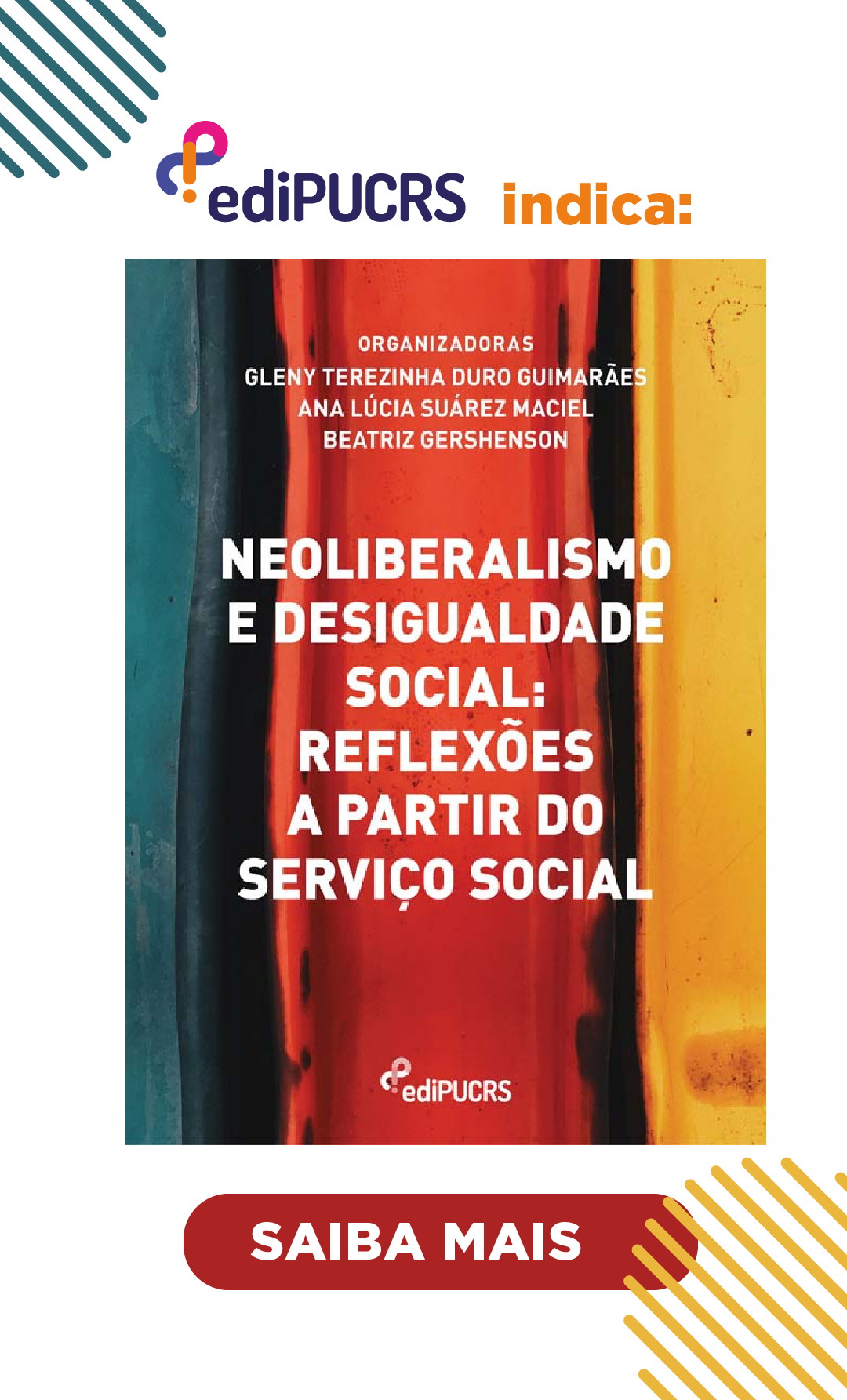Evaluation of programs and public policies
Abstract
The human need to know is directly linked to a desire to understand, explain, judge and alter reality. Natural human curiosity steers thought to value judgments. It is true that any form of evaluation must involve a judgment, that is, in essence it involves attributing value, a measure of approval or disapproval of a public policy or program. The evaluative process should be an issue of constant study given the demand raised in reality, where public policies must respond to the needs of the population by implanting and implementing actions with quality. This article contextualizes the evolution of the process of evaluation and analyzes the methodological factors that should be used in public programs and policies, emphasizing the analytical models of effectiveness, efficacy and efficiency.Key words – Evaluation. Programs. Methodology. Results. Planning. Public policies. Impacts. Efficiency. Effectiveness. Efficacy.
Downloads
Downloads
Published
How to Cite
Issue
Section
License
Copyright
The submission of originals to Textos & Contextos (Porto Alegre) implies the transfer by the authors of the right for publication. Authors retain copyright and grant the journal right of first publication. If the authors wish to include the same data into another publication, they must cite Textos & Contextos (Porto Alegre) as the site of original publication.
Creative Commons License
Except where otherwise specified, material published in this journal is licensed under a Creative Commons Attribution 4.0 International license, which allows unrestricted use, distribution and reproduction in any medium, provided the original publication is correctly cited.





